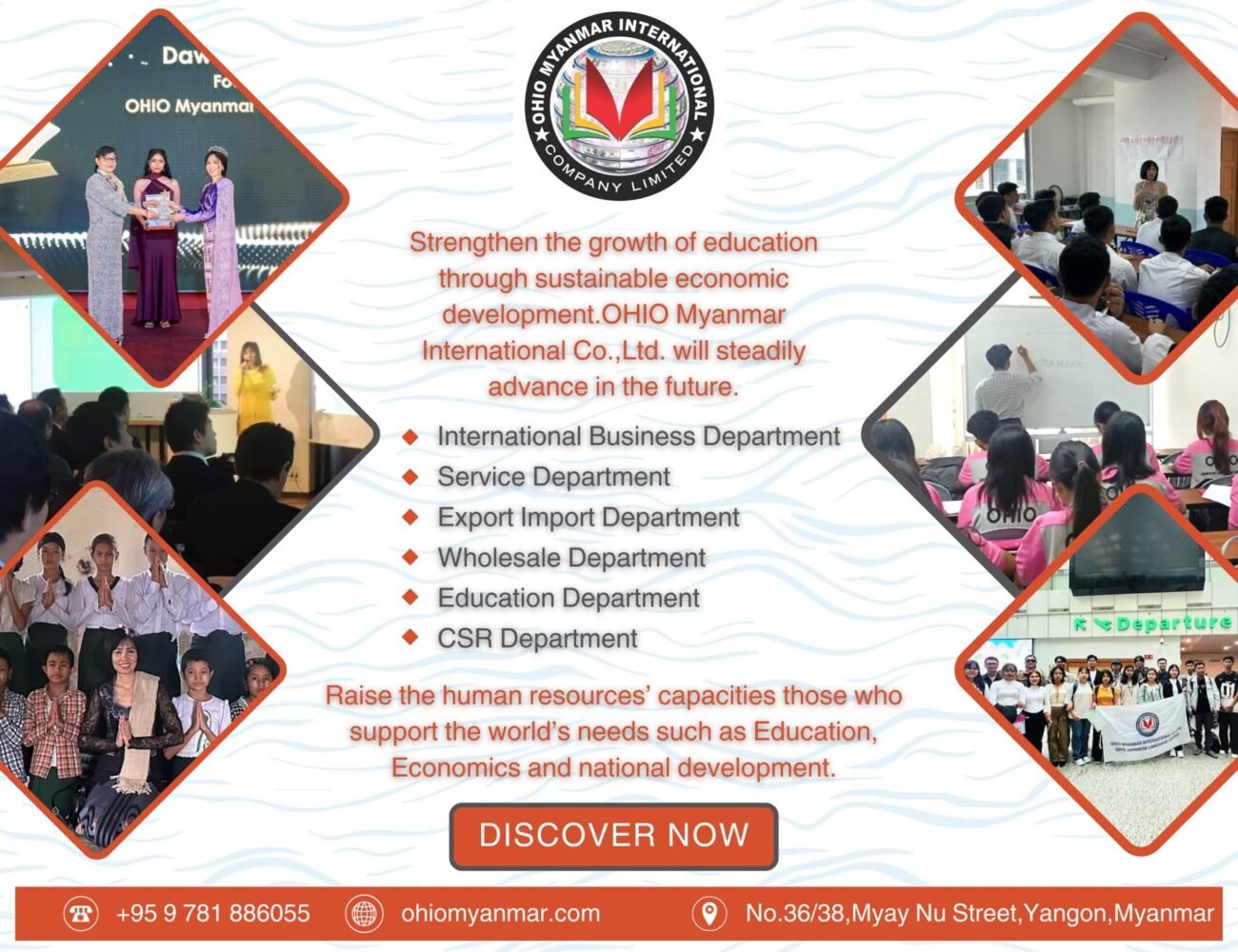
Mitsuko Tottori, Japan Airlines’ first female president, brings decades of industry experience, symbolizing progress amidst gender disparity challenges in Japan’s corporate landscape.
Tottori’s journey is remarkable: starting as a flight attendant in 1985, she ascended the ranks through dedication and leadership. Her appointment reflects Japan Inc.’s evolving approach to gender diversity and organizational reform.
In a country where gender parity remains a challenge, Tottori’s promotion signifies a monumental shift. Her rise from cabin to boardroom resonates with women navigating career advancement in Japanese companies.
The legacy of industrialist Kazuo Inamori, who revitalized JAL after its 2010 bankruptcy, lives on through Tottori’s presidency. Inamori’s philosophy emphasizes frontline engagement and customer-centric strategies, principles deeply embedded in JAL’s culture.
Tottori’s selection underscores the importance of practical experience and frontline insight in leadership roles. Her tenure promises a renewed focus on safety and customer service, pivotal areas for an airline recovering from pandemic-induced challenges.
There are female employees out there who are struggling with their career steps or going through big life events,” Tottori said in a press conference in Tokyo.
“I hope my appointment as a president can encourage them, or give them the courage to take the next step,” she added.
As Tottori assumes leadership, she embodies resilience and determination, inspiring future generations of women leaders. Her appointment signifies a departure from traditional career trajectories, advocating for diverse pathways to leadership within Japanese corporations.
Two weeks before Tottori’s promotion, a Japan Airlines A350 plane collided with a Japan Coast Guard aircraft at Haneda Airport in Tokyo. Tottori said in the press conference that she aims to prioritize flight safety once she takes over as president.
Despite challenges, Tottori’s presidency marks a historic milestone, challenging perceptions and championing inclusion in Japan’s corporate landscape. Her leadership exemplifies the transformative potential of diversity and inclusion initiatives in driving organizational success.















